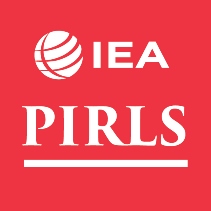Making PIRLS (Progress in International Reading Literacy Study) results more useful for teachers

The IEA’s Progress in International Reading Literacy Study (PIRLS) is a valuable resource for educational researchers and policymakers, but not well understood by teachers. A new IEA Policy Brief published by Oxford University’s Centre for Educational Assessment researchers, Therese N. Hopfenbeck and Jenny Lenkeit, provides teachers in England with the guidance to help interpret data from PIRLS and improve their own teaching of reading in primary schools.
The policy brief ‘PIRLS for Teachers: Making PIRLS results more useful for practitioners’ is the latest output from the centre’s PIRLS for Teachers Project; a project funded by the ERSC Impact Acceleration scheme, which aims to improve teachers’ engagement with PIRLS, increase assessment literacy and improve researchers’ understanding of the challenges teachers face in dealing with PIRLS findings by identifying their specific needs and interests.
Education systems participating in PIRLS are advised to involve teachers in the interpretation of the PIRLS data to ensure educators can make an informed contribution to the national dialogue. Further outcomes from the research project have included teacher workshops, podcasts, posters and videos supporting best teaching practices.
PIRLS is an international comparative study that aims to assess and compare the reading performance of pupils in their fourth year of formal schooling. IEA’s policy briefs address issues of particular interest to policymakers based on analysis or conceptual work with IEA studies.
More information about PIRLS, as well as the latest findings for England, can also be found here.
